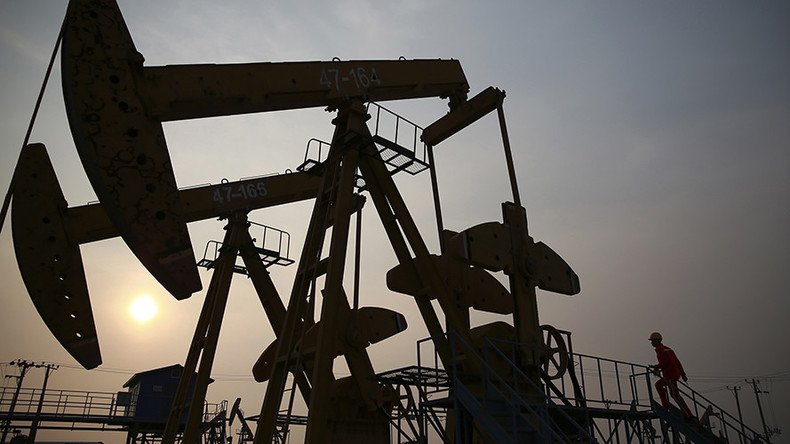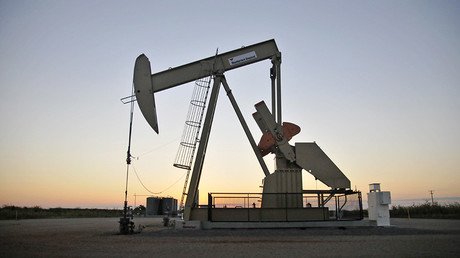Why low oil prices are bad news

Crude oil dropped below US$35 a barrel for the first time in six years Monday, but what most media outlets report as good news is disastrous for some nations and Mother Nature after years of price-based fuel efficiency takes a back seat.
Leaders in oil-producing nations who depend on oil revenue to feed, house, and care for their poorest citizens are also struggling to maintain economic stability.
In spite of falling prices per barrel, countries are still increasing production for fear of losing market share.
Just two weeks ago, oil consumption in the US reached the highest level since the global recession. US refineries are running at more than 90% capacity, according to the US Energy Information Administration, and sales on heavy SUVs, pick-up trucks and other models with poor fuel efficiency have also increased.
EIA says this rising gas usage in the US means more greenhouse gases are entering the atmosphere. In the first four months of 2015, 352 million metric tons of carbon dioxide belched towards the sky, a 3 percent increase from 2014.
And for motorists who think the drop in oil prices is reflected at the pump, the multinational oil companies have clearly been taking them for a ride.
The Wall Street Journal calculated last month that the disparity between crude oil prices and gas prices cost US consumers $1 billion.
Beyond the users, powerful producers have taken a huge hit.
Saudi Arabia may face a $140 billion deficit this year, due in part to its overproduction of oil in response to increased fracking by their ally, the US.
The drop in oil prices is thought to have influenced the result of this month’s elections in Venezuela, home to the world’s largest proven oil reserves.
The South American country is headed for the world’s worst drop in GDP this year, struggling to pay for many of the social programs financed through its oil revenue.













